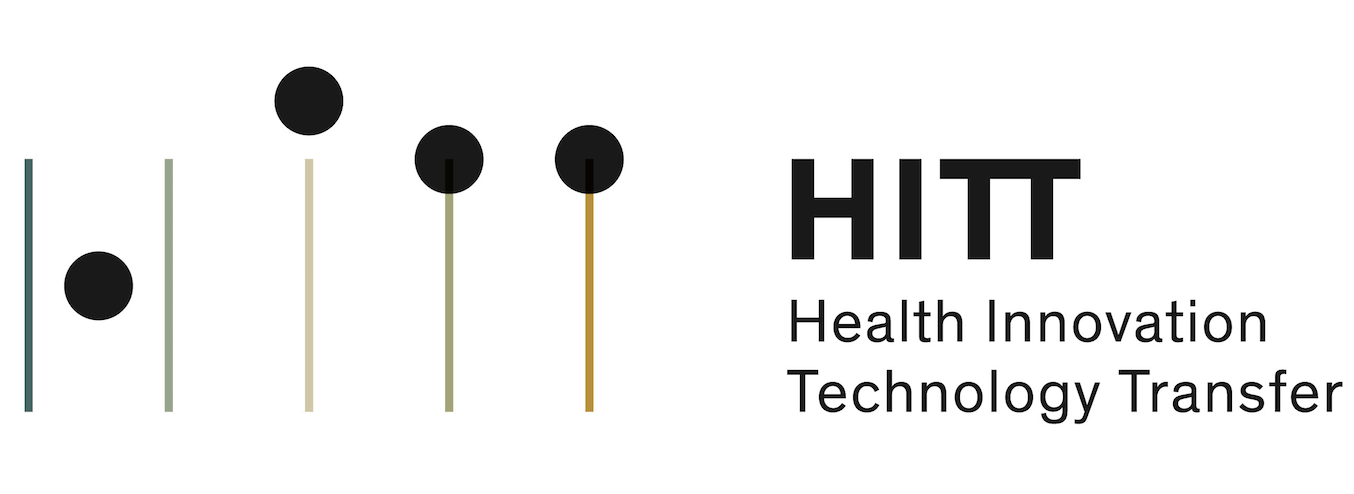This week we learned that Merck & Co. was ending the Phase III APECS study of Verubecestat (formerly known as MK-8931) for the treatment of prodromal Alzheimer Disease. Yet another drug in AD graveyard!!
Being this now a relatively common fact in the development on AD therapies, there are several immediate consequences that would need to be borne in mind for the future: first, investors will pot a much higher tag to their lending offers, making cost of capital more expensive, and therefore less new ideas being pursued. Hence, the natural chances of finding a solution less likely, hence a potential successful story having more value. Second: a potentially successful research story will want to capitalise on their unique success, and investors will request higher return on their investment, therefore pushing even more the facial prices of drugs. Given the large target population and previous failures it looks like this will be rather high, and the budget impact simply unbearable.
Can healthcare systems cope with that? The need is clear, but the willingness to pay is limited. As in basic economics, demand and supply seem not to meet, so everyone unhappy. Should we not ask for a shared vision on what are the needed investments and where is there potential payment.
Some urgent reforms are needed if we want success stories in areas of high demand / need. If we’re happy to play at the margins, current system may be acceptable for many, certainly not for patients, nor taxpayers.
Oriol.
